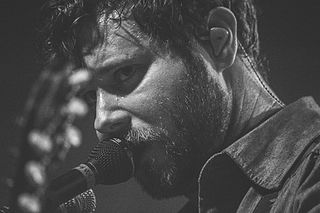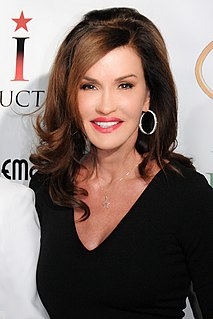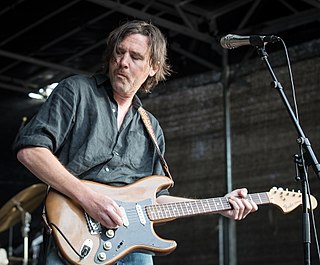A Quote by Dan Mangan
Sometimes I just don't have time to wait for the muse to come, so I've developed things to force the muse to come back.
Related Quotes
The muse is not an angelic voice that sits on your shoulder and sings sweetly. The muse is the most annoying whine. The muse isn't hard to find, just hard to like - she follows you everywhere, tapping you on the shoulder, demanding that you stop doing whatever else you might be doing and pay attention to her.



































